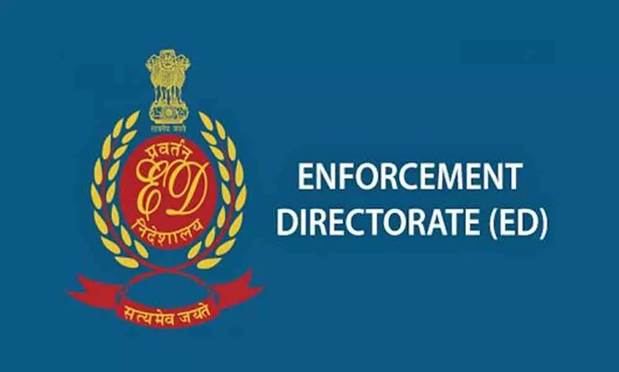Free Courses Sale ends Soon, Get It Now


Free Courses Sale ends Soon, Get It Now



Copyright infringement not intended
In News
Details
Enforcement Directorate
The Prevention of Money Laundering Act, 2002 (PMLA):
The Foreign Exchange Management Act (FEMA)
The Fugitive Economic Offenders Act, 2018 (FEOA)
Conservation of Foreign Exchange and Prevention of Smuggling Activities Act, 1974 (COFEPOSA)
Special Powers of Enforcement Directorate (ED)
Concern
Way Forward
© 2024 iasgyan. All right reserved